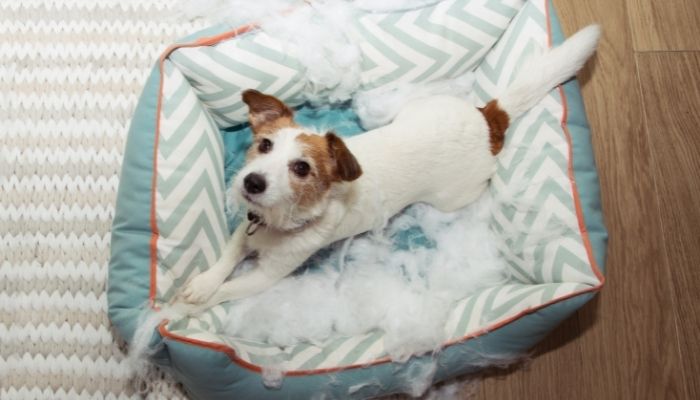
Saving a dog may not change the entire world, but for that pup, the world will change forever. Bringing a difference to an adoptive dog’s life is one of the good deeds an individual can do. Building a comfortable, constructive, and friendly environment not only offers a positive part in the dog’s life but also can improve your relationship with the dog. In addition to genetic issues, behavioral issues are common in rescue and adoptive dogs. These are the top three behavior problems in adoptive dogs.
Aggressive Behavior
Aggression in adoptive or rescue dogs could be genetic. Excessive aggressive behavior indicates the existence of a real problem. The previous dog owner might have been abusive or aggressive toward the dog. The owner can positively reinforce the genetic behavior of dog breeds such as a German shepherd to fight each environment, situation, or person.
Aggression is often the result of their possessiveness for their owner as they dislike new pets, children, or guests who take all of their owner’s attention. Adoptive dogs can also push everyone away out of fear and insecurity of being neglected or thrown out again.
Destructive Behavior
Hyperactivity and separation anxiety frequently lead to your adoptive dog’s destructive behavior. Dogs try to calm their nerves by messing up things around the room or chewing on various objects such as couches, dog beds, shoes, tables, and more. Knowing the reasons why your dog chews their bed can help you identify what they are feeling or if they have underlying issues that concern their health. Keeping your dog engaged in fun and exciting activities can help calm their behavior and keep them occupied. Moving around and playing with your dog can show your encouragement and appreciation, which they need most.
Fearful or Shy Behavior
If the previous owner of the adoptive dog was aggressive, abusive, and harsh, the dog might develop a fleeing habit and fear of everyone. If the adoptive dog shies away from other pets or dogs, he might have been bullied by his previous home or owner’s dogs.
Fear of noises can be associated with bad accidents in the dog’s former shelter or home. The absence of socialization skills shows a shortage of proper training. Patience and time are needed to change the shyness or fear of adoptive dogs.
These different behavior problems you may find in adoptive dogs might have been caused by various traumatic or harmful treatments they have experienced in the past. All in all, an irreplaceable quantity of love, care, and understanding can help them overcome the emotional damage and start a new and better life.






